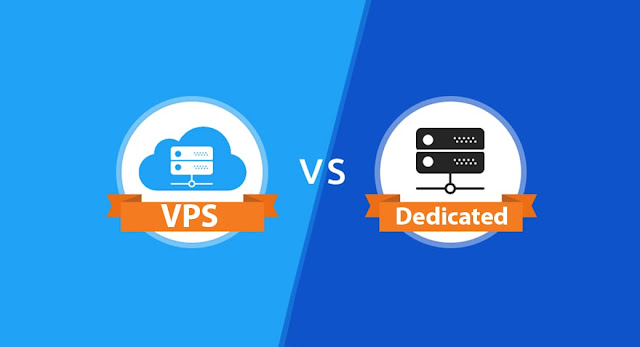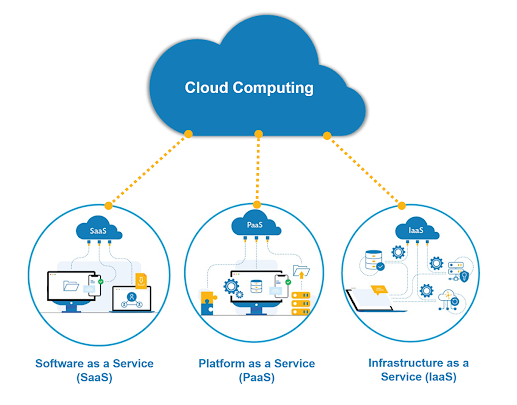Dedicated Server Hosting vs VPS Hosting : Cost Comparison

When it comes to hosting a website or application, businesses have a choice between VPS hosting and dedicated server hosting. Both options come with different costs, and the value each provides for its cost will depend on the specific needs of the business. In this article, we'll take a closer look at the cost differences between VPS and dedicated server hosting, analyze the value each option provides, and provide examples of when each option may be the better value for your money. VPS Hosting Cost VPS hosting is a popular option for businesses that need more control and resources than shared hosting can provide, but don't want to invest in a dedicated server. With VPS hosting, a physical server is divided into several virtual servers, each with its own resources, operating system, and software. Here are some factors that can impact the cost of VPS hosting: Resources: The cost of VPS hosting depends largely on the resources you require, such as CPU, RAM, storage

